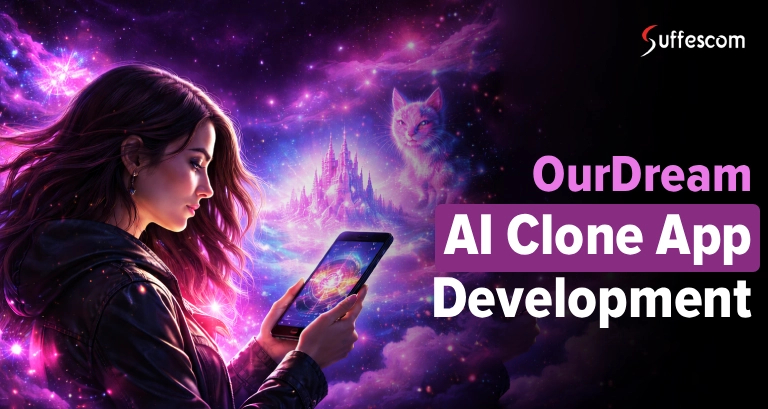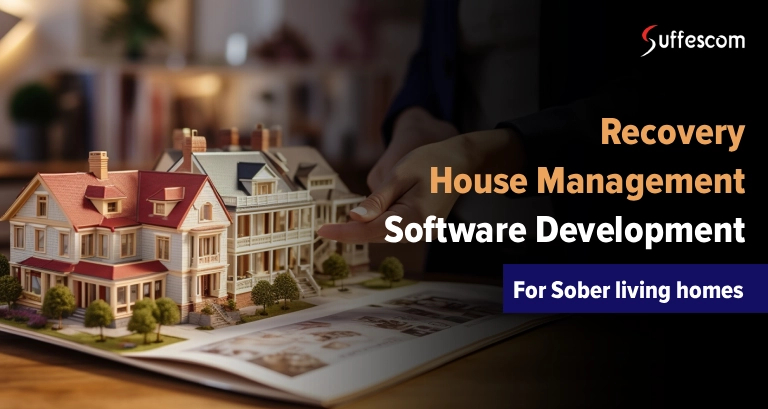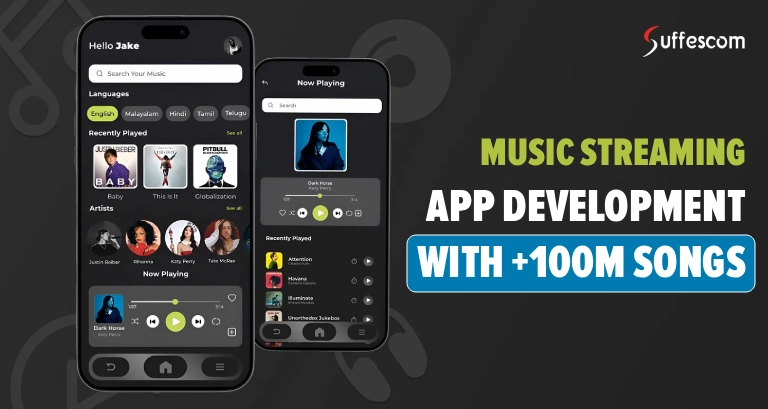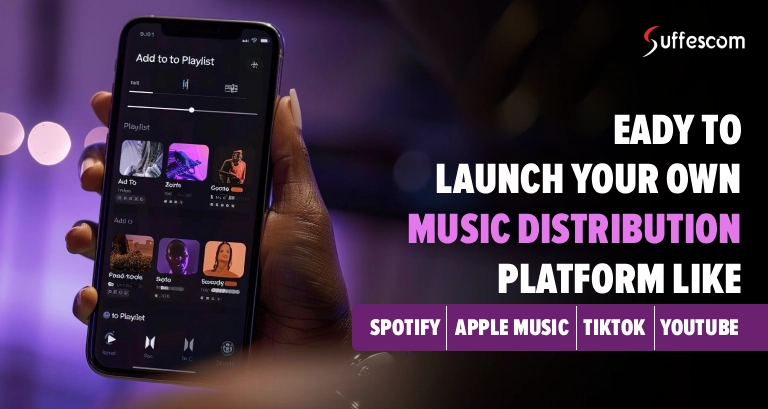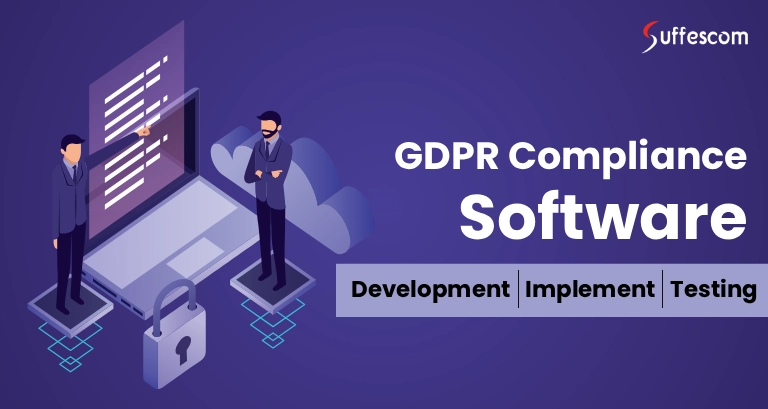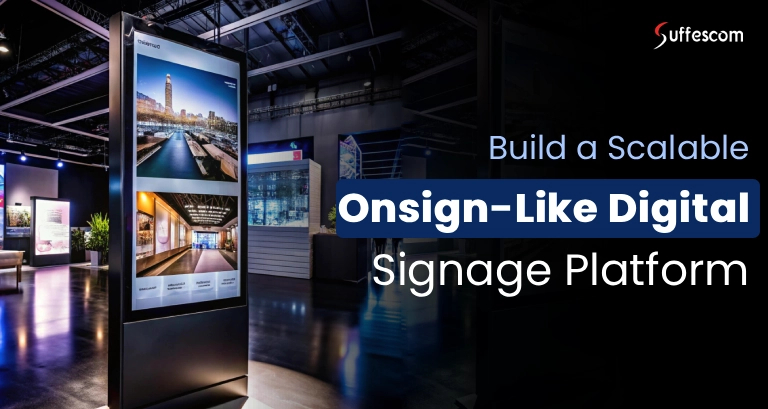AI-Powered Clinical Notes Software: Development Guide for 2025
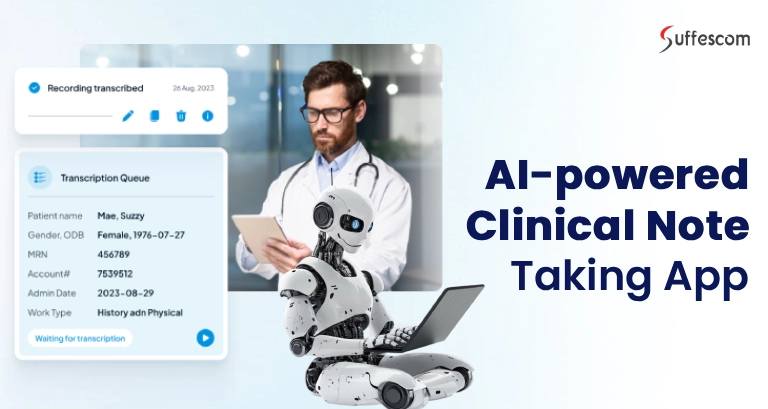
Doctors today spend nearly half their workday on documentation instead of treating patients. The result is burnout, inefficiency, and less time for care. AI-powered clinical note taking software is changing that. It listens, transcribes, structures, and organizes notes automatically cutting hours of manual work into minutes.
Here’s the thing. Clinical notes are the backbone of healthcare. They capture patient history, treatments, prescriptions, and follow-ups. But when done manually, they eat up time and increase the risk of errors. With AI-driven note taking apps, providers can create accurate records on the spot, share them securely, and focus more on patients.
This guide breaks down what clinical notes software is, why healthcare urgently needs it, what features to include, real-world examples, costs, and how you can build your own AI-powered solution.
What Is Clinical Notes Software?
Clinical notes software is a digital tool integrated with electronic health records (EHRs) that helps doctors and healthcare teams create, store, and manage documentation. Instead of typing everything manually, clinicians can use features like real-time transcription, smart templates, and predictive inputs.
It supports structured notes like SOAP, DAP, BIRP, PIRP, and more—making documentation faster, more accurate, and compliant with regulations.
What are the Key Drivers of Clinical Notes Software for Healthcare?
1. Challenges
- Compliance with Regulations
It is essential to embed regulatory structures, such as HIPAA and other similar standards, to ensure their effectiveness. They are meant to guide healthcare practitioners as they document patient information securely and accurately.
- Documentation Burden
Over the past few years, the amount of documentation that healthcare providers must provide has increased exponentially. Healthcare providers are required to document a wide range of details related to patient visits, diagnoses, treatments, prescriptions, and follow-up plans for clinical accuracy, billing, legal, and administrative purposes.
- Clinician Burnout
Clinician burnout is becoming an increasingly important topic in healthcare, often resulting from excessive administrative burdens, including time spent on documentation. Physicians spend almost half of their workday on electronic documentation, in addition to other forms of documentation. This leads to burnout, fatigue, poor job satisfaction, and ultimately, a decline in the quality of care.
2. Solutions
- Compliance Automation
Clinical notes software for the healthcare industry readily adapts to new guidelines for handling data concerning security. The regulatory compliance environment is typically structured within a legal documentation format and is viewed as a significant catalyst for innovation.
- Smart Templates
AI note taker for therapists/doctors aims to address the document management issue by utilizing templates, voice dictation, and tools for structured documentation, enabling speed and customization.
- Predictive Search
Clinical notes software features include auto-suggestions, dictation, on-demand templates, and connections with clinical decision support systems. This helps reduce the functional burden of documentation, increase operational efficiency, and make innovation in this area a paramount interest.
Traditional Digital Note Taking Apps Vs AI‑Powered Note Taking Apps
| Conventional Apps | AI-Powered Clinical Notes Apps |
| Manual notes entry | Auto‑categorize notes |
| No automated summaries | AI-generated summaries |
| Manual audio/in-line notes | Real-time transcription |
| Local data handling | Cloud-based data handling |
| Manual research processes | Predictive search and recommendations |
Salient Features of AI Clinical Note Taking Software
1. Real-Time Transcription
Advanced automatic speech recognition technology empowers clinicians to speak in their natural style and immediately transcribe and format notes into structured fields.
2. Smart Templates
Streamlines clinical documentation in a well-structured format, enhancing efficiency and accuracy in the patient notes. It learns the patterns over time and auto-fills fields based on patient history or clinical context.
3. AI Summarization
Generative AI summarizes long conversational data into concise clinical notes. Specific tools offering clinical decision support suggest diagnosis codes, flag potential drug interactions, and provide guideline‑based recommendations.
4. Multimodal Input Availability
Provides support for typing, touch drawing of body diagrams/pain illustrations, handwriting recognition, allowing real-time documentation on the go.
5. Collaboration Tools
Enables the sharing and editing of notes in real-time across healthcare teams, supporting task assignment, delegation, and secure communication among providers.
6. Workflow Checks
Automates tasks such as appointment scheduling, generating progress reports, and follow-up alerts related to medical ailments, thereby mitigating administrative burden.
7. Analytics & Reporting
The interactive dashboards track common diagnoses, note turnaround times, patient outcomes, or clinic efficiency, helping inform decision-making and operational improvements.
8. Audit Trails
Keeps an extensive record of every alteration to the patient notes, offering accountability and transparency of the highest order.
9. Search Functionality
AI-Powered clinical notes helps clinicians instantly find their important notes and stay up-to-date with the patient's history.
How to Build AI Clinical Note Software?
Harness our AI notetaker platform development services and build an AI-powered clinical notes software with distinct features and an interactive design. Witness the step-by-step guide as under;
Requirements Gathering and Analysis
The first phase involves understanding the needs of the primary users like clinicians, medical staff, and healthcare professionals which consists of gathering functional and non-functional requirements. To smoothen the workflow, AI and NLP technologies should be considered upfront in improving potential functionalities for future use such as speech-to-text or predictive text input.
System Design & Architecture
Once the requirements are gathered, the system architecture is designed by selecting the technologies and platforms that will form the foundation of the application. It is essential to decide on the software and hardware infrastructure supporting the clinical workflows. Various dimensions need to be considered, i.e, cloud infrastructure, database structure, UI/UX, etc.
Necessary Integrations
This phase includes EHR integration that ensures interoperability with healthcare records, scheduling tools, and lab systems to amplify workflow efficiency. Moreover, the third-party API integrations ensure scalability and easy data exchange, followed by cloud integration, improving performance, data accuracy, and flexibility.
AI-enhanced Capabilities
From AI-enhanced chatbots to predictive analytics, AI integration services are useful for automating tasks, customer service, workflows, and reporting and insights. Clinical notes AI has capabilities, like speech to text, predictive text, clinical decision support, AI suggestions, etc.
Security & Regulatory Compliance
To ensure end-to-end encryption of the patient data, recording user activities, robust security protocols are used. In addition to that, the AI-powered clinical notes ensure compliance with HIPAA and GDPR, leading to reduced risk and establishing trust within stakeholders.
Testing
During this stage, the clinical notes AI App is subjected to multiple tests to detect any bugs and abnormalities. The AI-based functionality will also be thoroughly examined for proper functioning and streamlining the note taking process.
Deployment & Maintenance
After testing is done, the AI clinical notes app is deployed to a real-world clinical environment. The app maintenance services ensure necessary updates and flawless performance based on user feedback.
For guaranteed success, get a trustworthy AI healthcare software development solutions that focuses on improving patient care and overcoming modern healthcare challenges.
Real World Examples of AI Clinical Notes Apps
Suki AI
Suki is an AI-powered clinical notes app that enables clinicians to dictate patient notes in natural language, which the AI transcribes and formats to develop structured clinical documentation. It saves doctors time documenting patients by understanding medical language, and adapts to user preferences through its use.
Nuance DAX
It is another popular AI Note Taker for therapists/doctors to record doctor-patient discussions in real-time. It automatically generates clinical documentation and uploads it to the EHR. DAX utilizes advanced NLP and has been adopted by large healthcare systems due to its accuracy and seamless integration into existing workflows.
DeepScribe
DeepScribe utilizes ambient AI to capture conversations during medical appointments and automatically generate SOAP (Subjective, Objective, Assessment, Plan) notes. Considered lightweight, easy to implement, and HIPAA compliant, this app is a favorite due to its user-friendly interface.
Augmedix
This clinical note taking AI-powered app transcribes conversations between doctors and patients and generates notes in real-time that can be validated by remote medical scribes or enriched by AI. It supports both real-time and asynchronous workflows, and healthcare enterprise organizations are utilizing it to scale efficiency without compromising quality.
What are the Benefits and Impact of the Clinical Note Taking Software?
Clinical note taking software offers numerous benefits and significantly improves the healthcare system, enhancing provider efficiency and patient outcomes. It improves documentation by allowing providers to document, access, and capture notes about their patients to a greater extent than if they were attempting to do this the old-fashioned way.
The main advantages include improved efficiencies. Automated templates, speech-to-text, and smart suggestions reduce the time clinicians need to rely on for documentation which increases their time spent with the patient. Notes can be changed in real time and accessed in more than one location, facilitating collaboration across the care team.
Another benefit related to the clinical notes AI app is accuracy. The instant access to the patient history helps clinicians to make more informed decisions, resulting in uninterrupted patient care. This software has capabilities such as supporting data analytics and research. Through aggregation and analysis of clinical notes, healthcare organizations can identify trends and track outcomes to strengthen evidence based practices.
Avail all the benefits linked with clinical notes software. Consult a reputable AI financial wellness app development company and get future-ready success.
How Much Does it Cost to Build Clinical Notes Software?
Clinical notes AI app development cost ranges between $10,000 - $35,000, based on the project requirements. Several factors affect AI development cost; one of them, which impacts the budget, is the integration of AI-driven functionalities for amplified medical insights. It’s essential to account for the AI medical diagnosis app development cost as part of your overall investment.
Parameters influencing cost:
- Feature Set and Complexity
- Platform Choice
- Integration with Other Systems
- User Interface and Experience
- Compliance and Security Requirements
- Maintenance and Support
Future Trends in AI Clinical Note Taking Software
Clinical notes software has grown rapidly in such a short time, primarily driven by demands for improved patient care, efficiency, and regulatory compliance. One significant trend is how Artificial Intelligence (AI) and machine learning will change the automated features we will see with clinical notes software.
A clinical note taking AI-powered app will embed features such as voice recognition, natural language processing (NLP), and predictive analytics, transcribing structured notes that document doctor-patient conversations with fewer manual entries, while reducing human error. Further AI algorithms will analyze clinical data to provide suggestions for a doctor's diagnosis or highlight important aspects of the patient's case, thereby promoting informed actions in clinical decision-making.
Cloud-based solutions will also be a pivotal part of the trend as they will provide a cost-effective option for scalability, remote access, reduced IT infrastructure, and electronic health record (EHR) support. Cloud platforms provide healthcare teams with access to real-time collaboration, as well as data backup and security.
Why Choose Us for AI Clinical Note Taking App Development
Suffesom is the top AI development company that has helped startups and enterprises reach their business goals and objectives. Choosing the right partner for the clinical notes software is crucial to your success.
Our AI experts have the deepest knowledge of cutting-edge technologies like AI, ML, and NLP that help deliver complex solutions and navigate AI-related technicalities in the healthcare regulatory landscape. Leverage our AI financial wellness app development services to gain a significant edge in the healthcare industry.
As a team, we cater to every healthcare provider's needs so that clinical notes software for healthcare fits desired workflows, thereby elevating efficiency and accuracy. Our data security protocols and compliance with industry standards like HIPAA, GDPR help protect user data. We follow robust development practices to ensure healthcare privacy and security are maintained whenever sensitive health information is present.
FAQs
1. How much time does it take to build AI-driven clinical note taking software?
The Clinical Notes AI App development time usually lies between 4-5 weeks, based on the complexity, technical integrations, feature additions, etc.
2. Can Clinical Notes AI apps be integrated with the existing systems?
Yes! The app can be integrated with the EHR platforms and many more for smooth data exchange.
3. How does clinical notes taking software ensure confidentiality?
The advanced security measures, regular audits, and compliance with the HIPAA regulations maintain utmost trust and ensure patient confidentiality.
4. How to choose the best clinical notes AI app development company?
Perform research, look for the technical expertise, verify the portfolios, identify their budget and timeline, and hire the best partner for your project.
5. How does AI improve the efficiency of clinical note taking?
The inclusion of NLP, smart templates, and voice recognition minimizes manual data entry and ensures reduced paperwork.
6. Which tech stacks are used in a clinical note taking AI-powered app?
Some of the popular tech stacks are React.js, Google Speech API, Vue.js, Swift, Kotlin, Python, Node.js, MongoDB, GraphQL, Microsoft Azure, Docker, Kubernetes ,OAuth 2 etc.
7. How accurate is AI transcription for medical notes?
Accuracy rates are over 90% with proper training and medical vocabulary.
8. Can small clinics use AI note taking apps?
Yes. These apps are scalable for both small practices and large hospitals.
